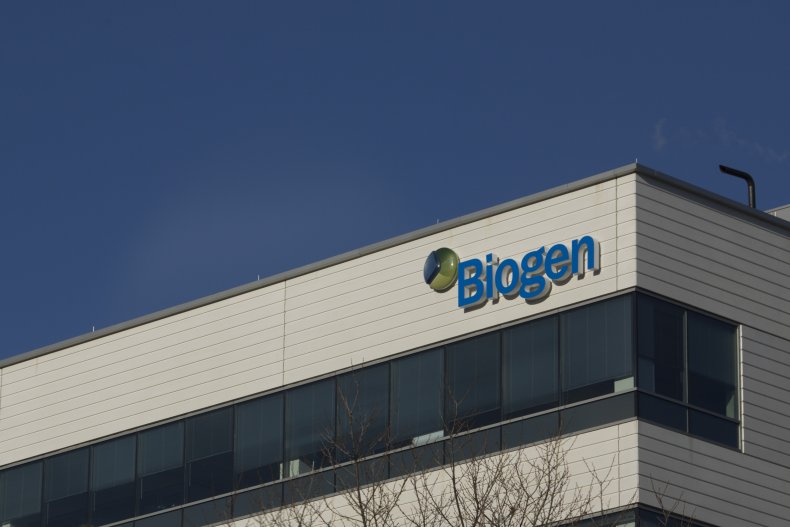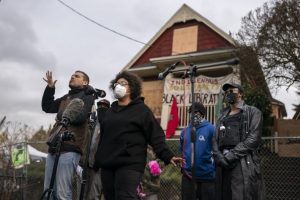A February biotechnology conference held in Boston led to roughly 300,000 COVID-19 cases across the U.S., according to a new study.
The study, which was published by the Science journal on Thursday, suggest that the conference held by Biogen, was a “super spreading event early in the pandemic.” Dozens of different academic and medical organizations helped conduct the study, including the Broad Institute of the Massachusetts Institute of Technology, Harvard University and the Massachusetts Department of Public Health.
From February 26 to 27, Biogen held a conference at the Marriott Long Wharf hotel, and according to the study, shortly after, “Public health investigation with contact tracing identified approximately 100 cases associated with this conference, raising suspicion that a superspreading event had occurred there.”
The conference was attended by scientists from across the globe, and the study suggests that the attendees left and unknowingly spreading the virus across the U.S.
Among the 100 cases first identified that were linked to the conference, the study’s researchers then investigated SARS-CoV-2 genomes from 28 of these cases from March 5 to 11.
A sign for biotechnology company, Biogen, Inc. is seen on a building in Cambridge, Massachusetts, on March 18, 2017. A Biogen biotechnology conference was held in February, and a study suggests that the attendees unknowingly spreading the virus across the U.S. Dominick Reuter/Getty
According to the study, the genomes found in 28 of the cases “began to appear in multiple other U.S. states in early March and increased rapidly in frequency.” By November 1, the viruses containing this specific genome could by found in 29 states across the U.S.
“States with the largest numbers of cases included ones with known travel by or reported epidemiological links to conference participants returning from the meeting, including Florida, North Carolina and Indiana,” the study’s authors state.
The study’s researchers then note that “genome data reveal that the impact of the conference was far larger than the approximately 100 cases directly associated with the event.”
“Using state-reported case counts, we estimate that by the end of the study period, approximately 50,000 diagnosed cases [44,000–56,000] in the US resulted from conference-associated viruses; of these, 46% [40.4–51.8%] were in Massachusetts,” the study states, and added that through November 1, an estimated 245,000 [205,000 to 300,000] cases were marked with the same genomes found in the cases linked to the conference.
“While Massachusetts accounted for most early spread related to the conference, Florida accounted for the greatest proportion of cases overall (29.2% [22.8–36.0%],” the study said.
Prior to the study released on Thursday, in August, researchers from another study told The Boston Globe that they believed the Biogen conference led to roughly 20,000 COVID-19 cases in the Boston area.
In an email sent to Newsweek, Biogen wrote, “The COVID-19 pandemic had a very direct and personal impact on the Biogen community—as it has on many communities across the country and world.”
The statement continued, “Tremendous progress has been made since the start of the pandemic to gain a better understanding of this novel virus and its transmission, develop vaccines, and investigate potential treatment options. As a company rooted in science, we understand the value of the data that came from the first wave of the pandemic in the Boston area and we hope that information gleaned from these data will help continue to drive a better understanding of the transmission of this virus and efforts to address it.”
Across Massachusetts, there are currently more than 274,000 COVID-19 cases and at least 11,209 deaths, according to data from Johns Hopkins University.


















